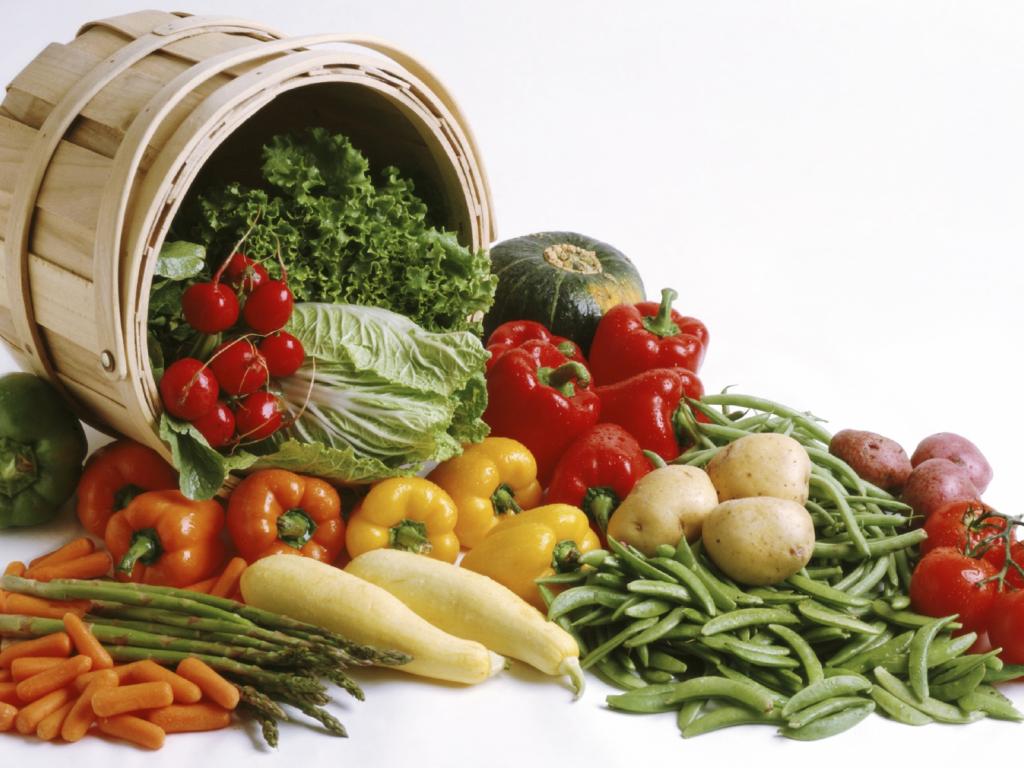Re-envisioning Local Sustainable Food Practice.

By Leigh Cobban
One of my side passions is food, or more specifically - sustainable food. I realise that food has been covered in various ways already on the blog (including bees, viticulture, entomophagy, and factory farming), so I’ll try to add something new.
I will not get into the veganism-is-good-for-the-climate argument that came up during lunches and dinner at our strategic planning meetings, nor get into the debate around whether smallholder or large-scale commercial farming is more sustainable, more climate resilient, and/or more capable of meeting the food security needs of a growing population. Personally, I think diversity and the right balance between all of these is needed, though I am eager to see more of the findings and outputs from the ACDI’s SmartAgri project and the Southern Africa Food Lab to gain some more insights. If you are interested in these from the global perspective, here is a good article that Dian Spear shared a few months ago from Nature Climate Change on the need for improved food choices and reduced food waste to meet the food security needs of 2050 in a changing climate.
Instead, for the purpose of this blog, I would just like to share a few things that I’ve come across over the last few months since being back in South Africa, in case any of you are also still discovering the city, and are eager to support local initiatives and/or to try new foods.
The main initiative I would like to share with you is Harvest of Hope, which I recently signed up for and am getting quite a kick out of. Harvest of Hope is the delivery or sales arm for a farmers group called Abalimi Bezekhaya (Home Farmers). The group assists small home and community micro-farmers in Khayalitsha, Nyanga and surrounding townships to grow more food, organically, for subsistence and to sell on their excess produce to more affluent consumers in the city bowl and southern suburbs. The organisation uses a model to monitor and manage the transition from survival growing to commercial production using a Farmer’s Development Chain model they developed for sustainable growth. Harvest of Hope’s vegetables are good quality and are picked the morning of delivery - you’re that much more likely to find a three-pronged carrot or a twisted pepper. The selection is seasonal, and what you get one week will differ to the next (so you can break the habit of always eating the same kind of vegeteble), and each week they also include herbs and other seasoning (chillies / garlic). There are collection points around town from Wynberg through to Sea Point. You can even collect at the Department of Chemical Engineering on upper campus - just a short stroll for us at ACDI HQ.
There are loads of weekly and monthly local markets scattered around Cape Town selling fresh and processed produce, wines and other artisan goods. Cape Markets is a good guide to have a look at to find one in your area.
On a little more of an eccentric note, I would like to share about edible indigenous (and naturalized) plants. I have always been fascinated by the idea that some of the plants that we walk past every day are edible (or useful in other ways), yet we stick to eating the same dozen kinds vegetables mostly originating from overseas. I think a lot of people would recognise nasturtium and Sour Figs (and might even cook with it occasionally), but did you know that you can also eat Dune Spinach and Karoo Num-Num fruit? I recently came across making KOS, a Facebook page by Loubie Rousch, who posts recipes using seasonal indigenous plants. The idea is to celebrate our natural heritage and encourage planting and cultivation of more diverse foods (to the benefit of our birds and insects too), though be wary of the risk of stripping the land like what is happening in some UK forests. As a side note, if you have excess Kei Apples growing in your garden, please may I have some?
On that note as well, if you want to grow your own vegetables rather than forage or buy from various food markets, have a look through the catalogues of Mahlathini Organics and Living Seeds, both of which build up seed banks of organic and heirloom seeds to sell to the public. They offer purple carrots, golden beetroots or strawberry popcorn mielies. Looking through the varieties is a great way to procrastinate if you like food.
Additionally, If you would like to read up on the state of Cape Town’s local food system, have a read through the Cape Town partnership’s Food Dialogues report. You may also like to read more on indigenous and naturalized plants and their uses; People’s Plants is a good overview of plants in South Africa, everything from culinary to medicinal, cosmetic and textiles (there’s a copy in UCT library). There’s also this short guide on edible indigenous foods from the Department of Agriculture, Forests and Fisheries - I may have noticed, however, that not all of those foods that are mentioned are indigenous; what are your thoughts? If you are equally as interested in sustainable foods, it would be a great topic to spark a conversation in the corridors here at ACDI; one thing is for sure - I am always willing to chat about food!
Thumbnail sourced from: http://organicfitness.com/prebiotics-part-1-what-are-prebiotics/